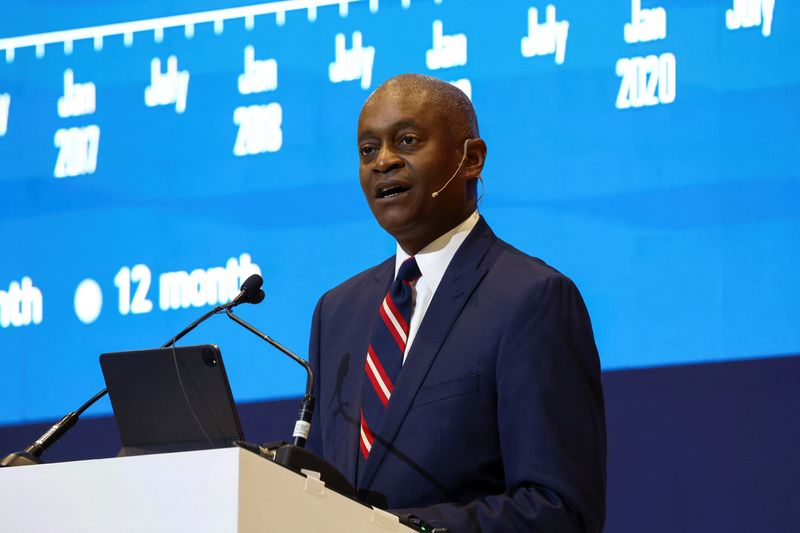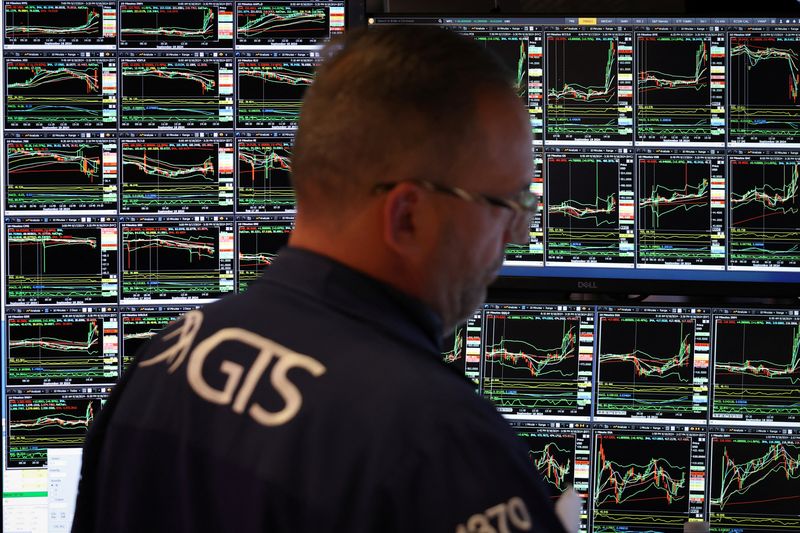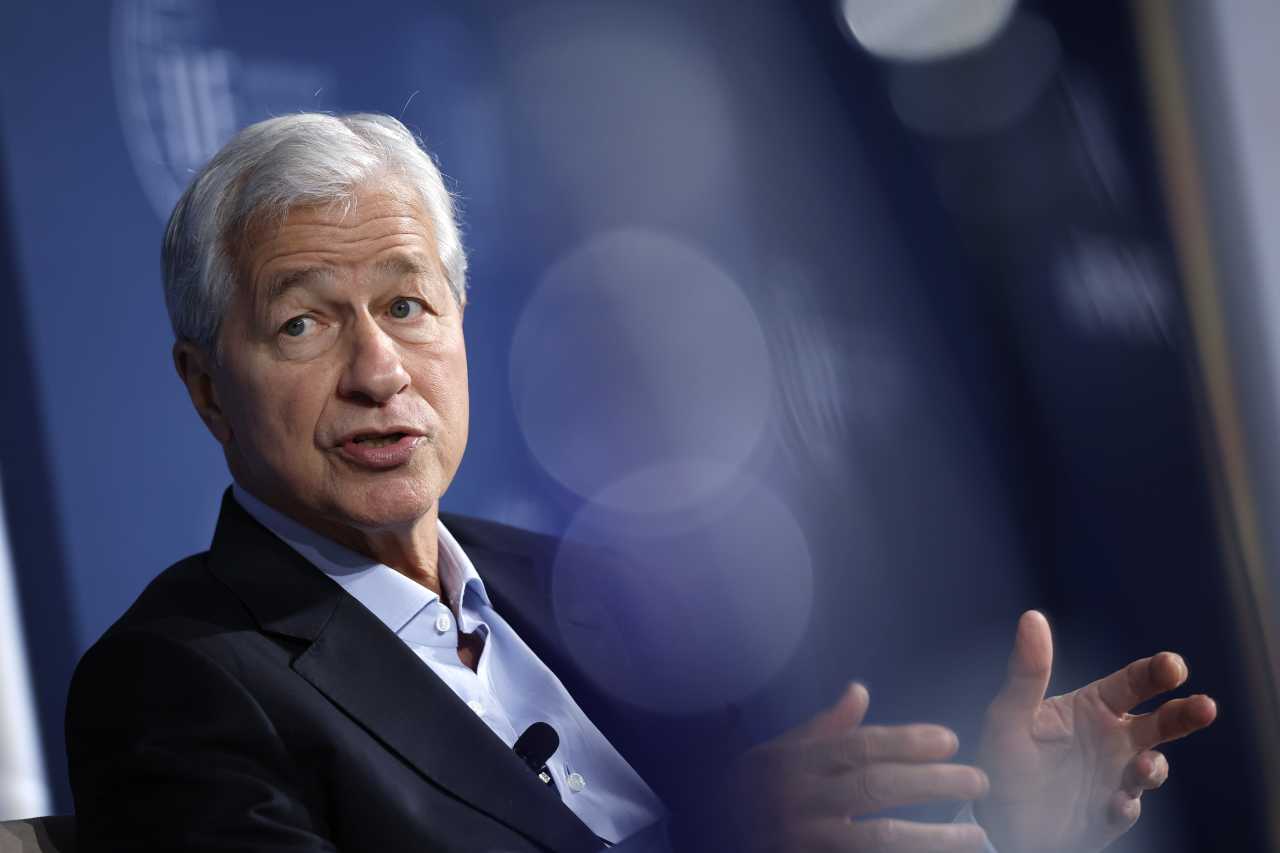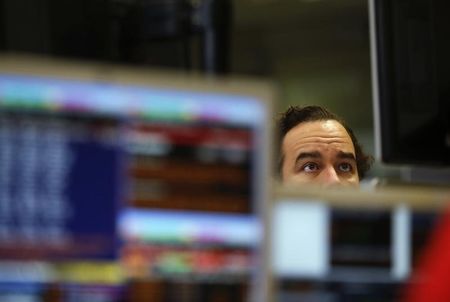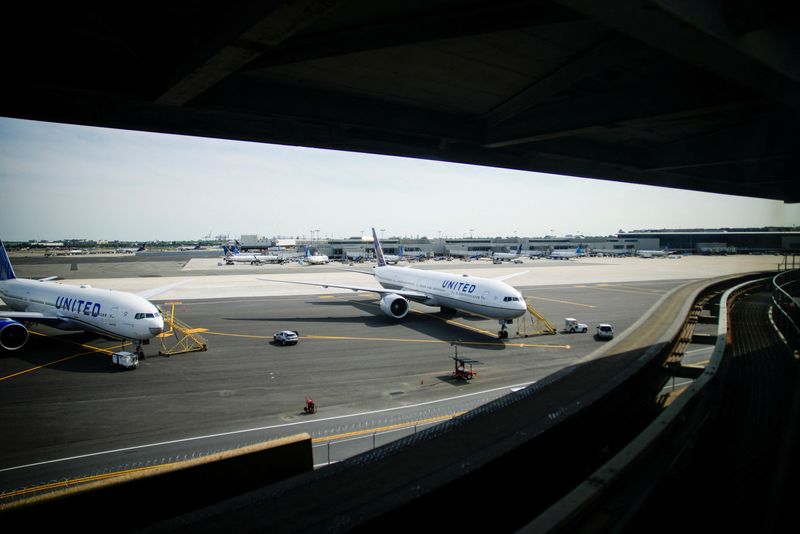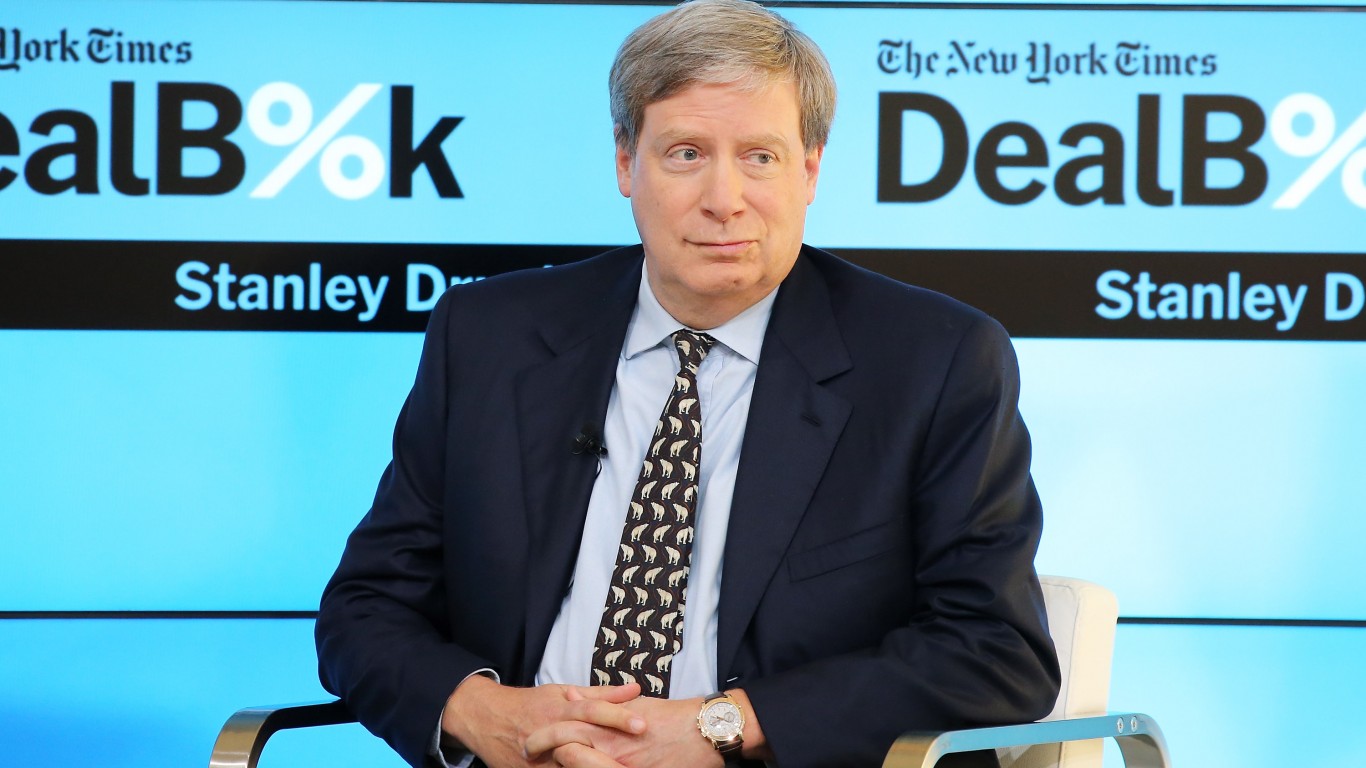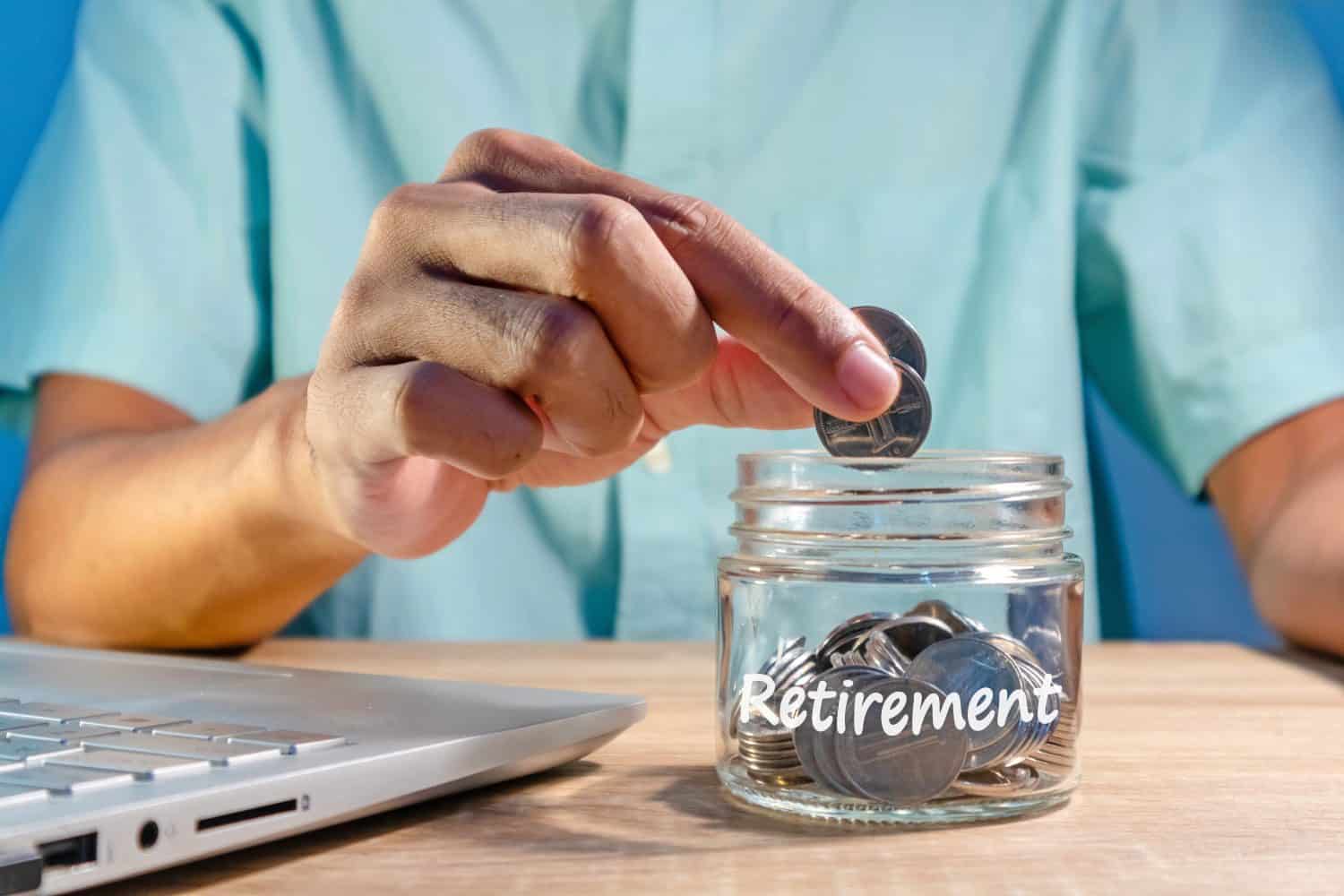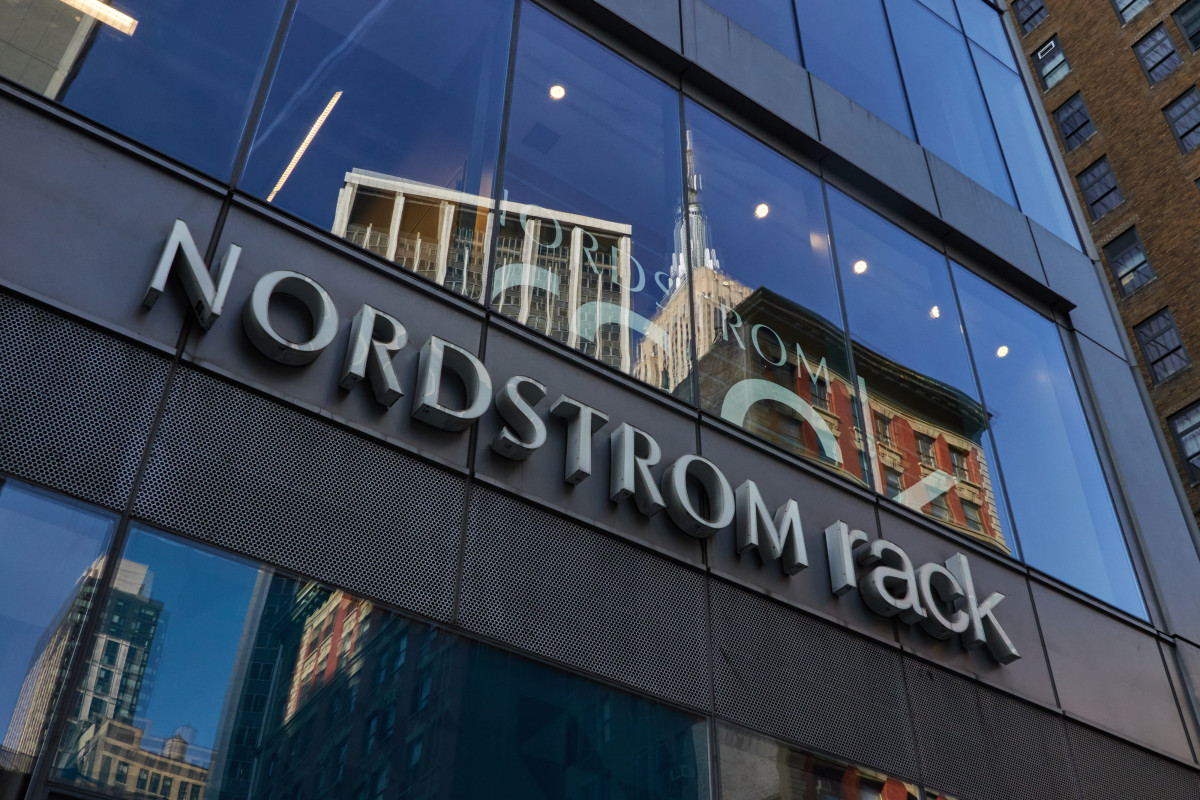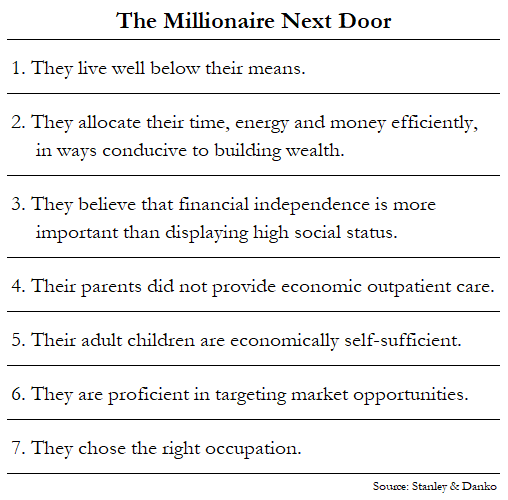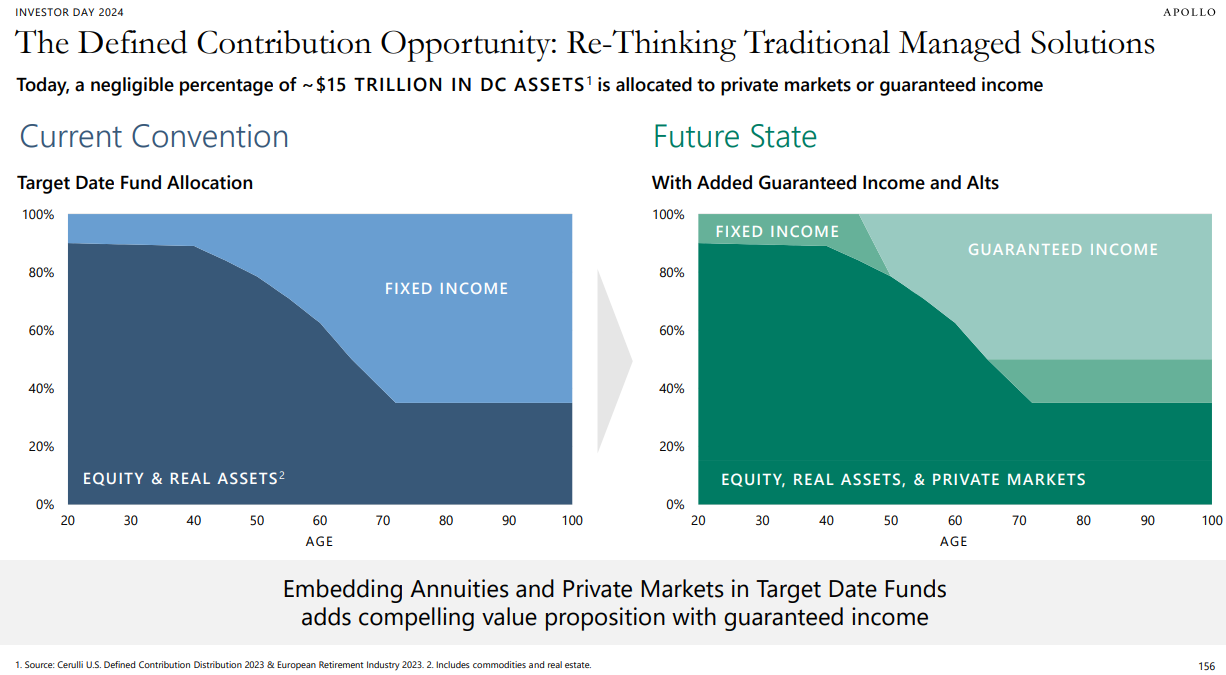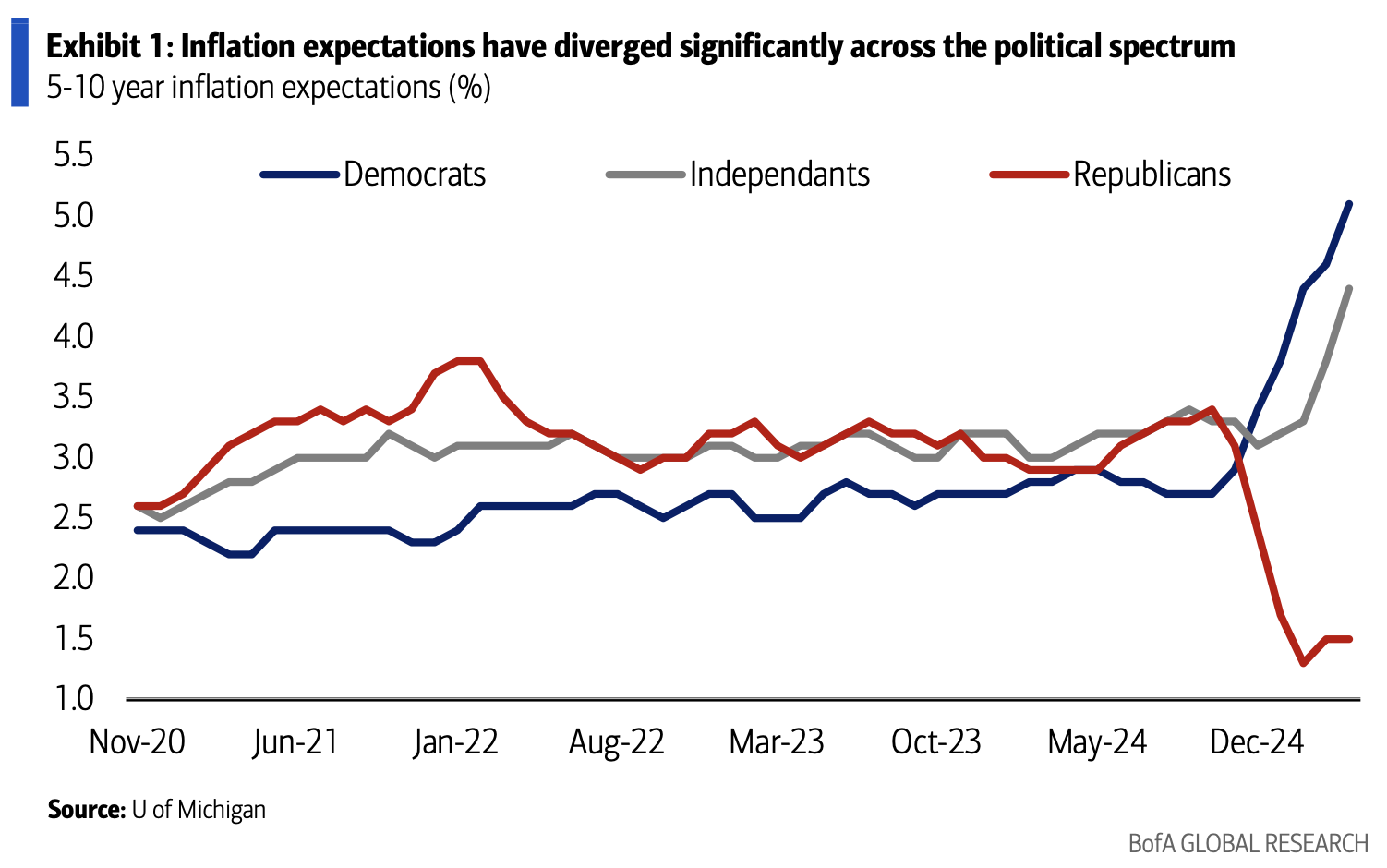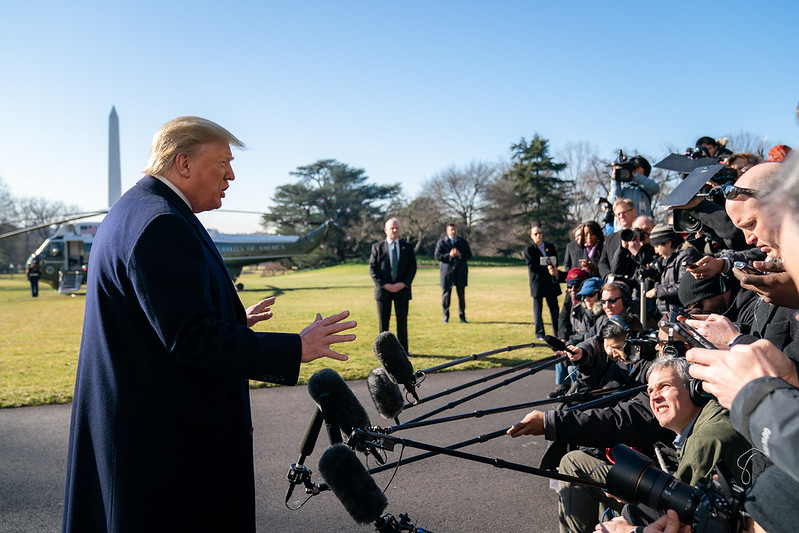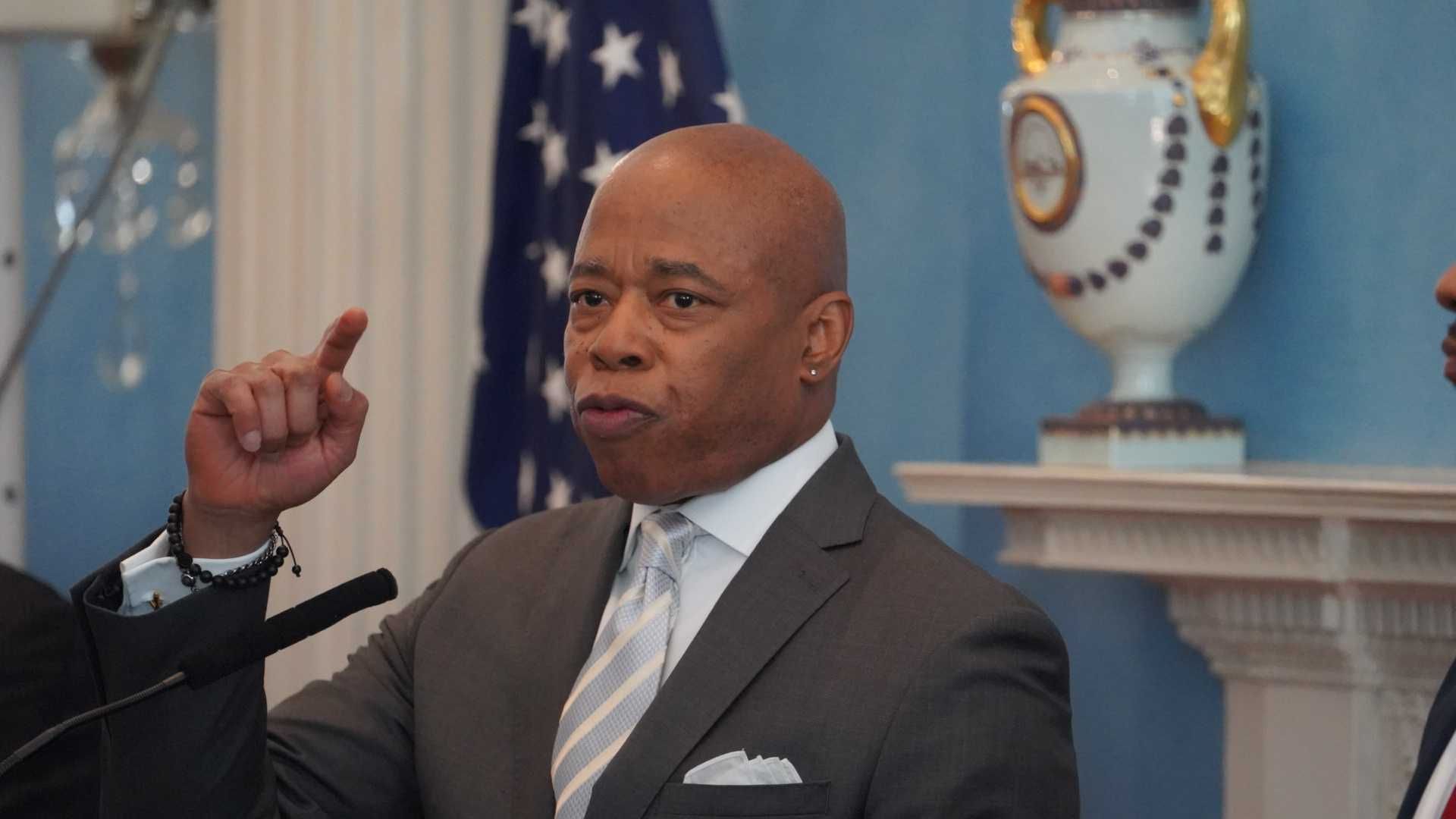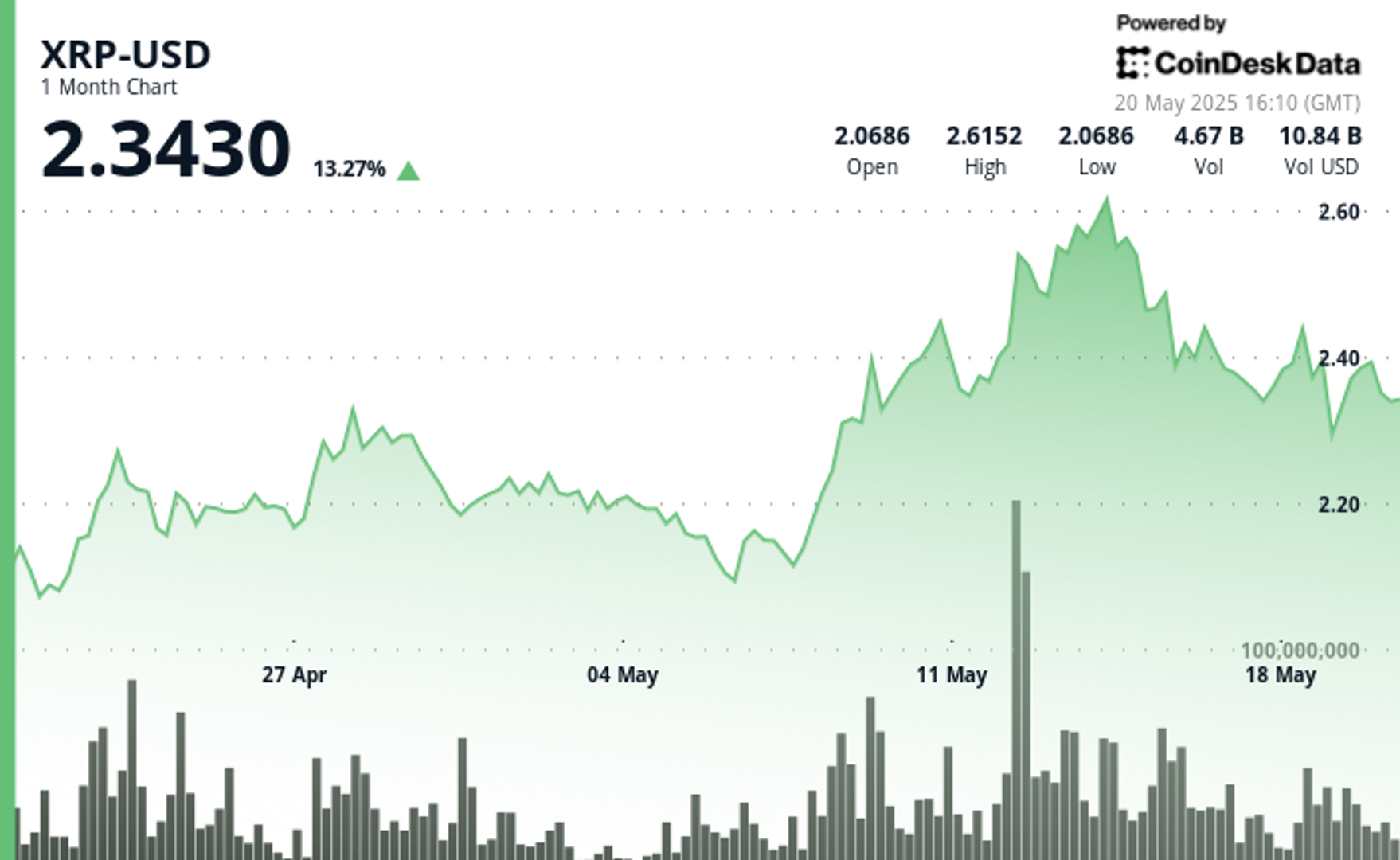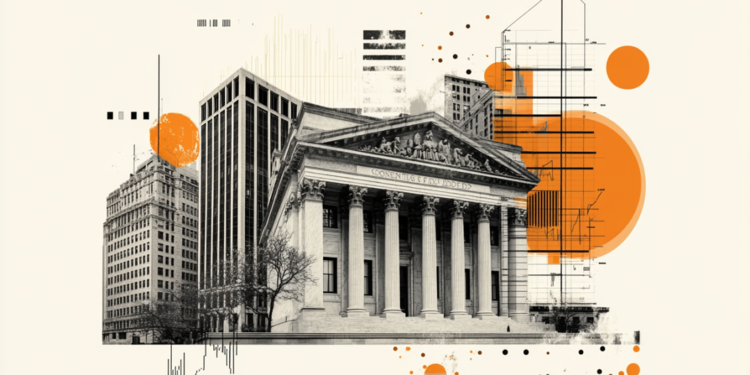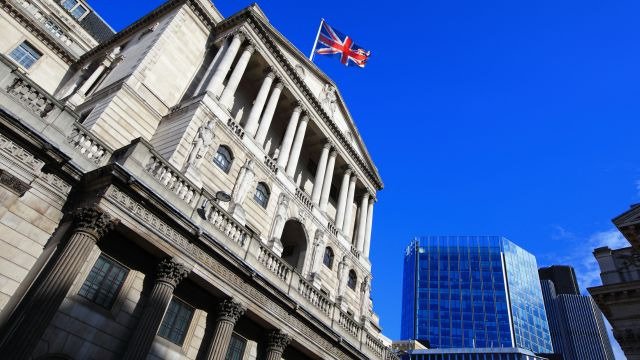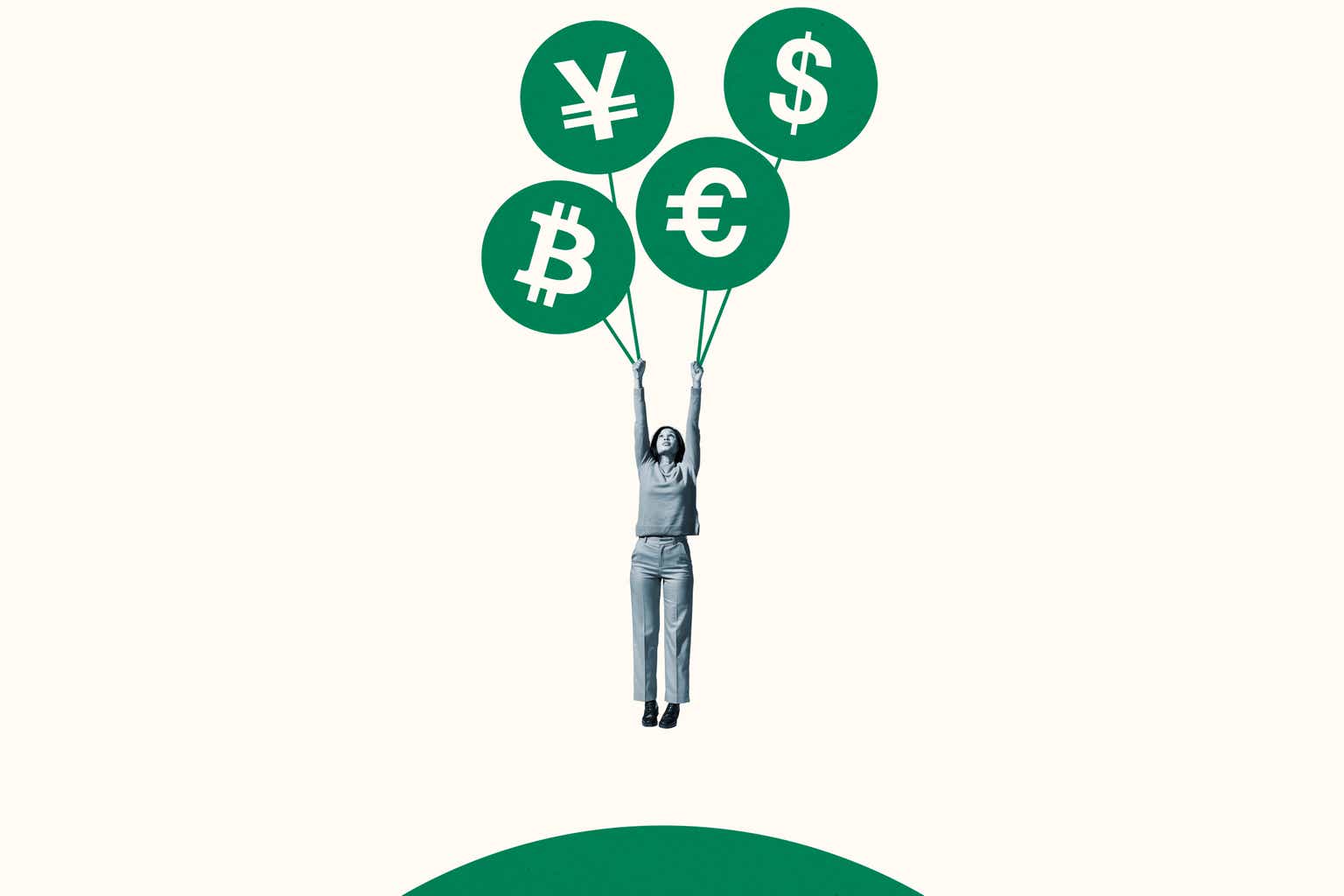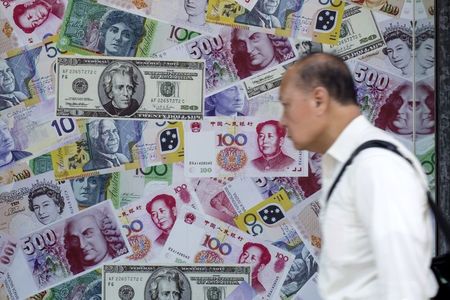Inflation remains the top worry for retirees, with 92% fearing their assets are being eaten away
Almost all retirees report they are worried about inflation lessening the value of their assets, according to a new survey.

Though inflation has been cooling in recent months, it’s not enough to assuage the fears of retirees, almost all of whom are worried about spending down their savings sooner than planned. And as they stare down the possibility of higher prices linked to President Donald Trump’s wide-reaching tariff policies and a possibly lower Social Security cost-of-living adjustment, those fears could intensify.
That’s according to asset manager Schroders 2025 U.S. Retirement Survey, which finds that 92% of retirees report they are worried about inflation lessening the value of their assets, up from 89% last year and the top concern listed. Some 45% of respondents report their expenses in retirement are higher than they expected.
“Improving inflation data has not eased the fears of retirees,” says Deb Boyden, head of U.S. defined contribution at Schroders. “Rising prices on essentials like housing, food, and healthcare have significantly diminished the purchasing power and financial security of retirees.”
Relief, at least in the near term, looks unlikely. Inflation is threatening to rear its head again as economists warn of the after-effects of the Trump administration’s current tariff policies. Though it’s too soon to say exactly what the policies will end up being—including how high they will go, what countries they will be applied to, and to what goods—the imposed and scheduled tariffs could lead average tax increase of $1,190 in 2025 and $1,462 in 2026 on the average U.S. household, according to the right-leaning Tax Foundation. Indeed, stores like Walmart have already warned about higher prices to come.
That could stretch already thin budgets to the brink. Many near and current retirees, particularly on the lower end of the income spectrum, have a retirement savings gap, or a difference between what they have saved for their post-work life and what they will likely need. About 70% of all baby boomers who have yet to retire may not being able to replace their preretirement lifestyle, according to Vanguard.
“Given the uncertainty surrounding potential tariffs, retired Americans are understandably worried about the impact of rising prices on their savings,” says Boyden. “This widespread concern offers a cautionary tale for younger generations: the sooner you start planning and saving for retirement, the more likely you’ll be able to fully enjoy your golden years.”
For those who are already retired, inflation can be particularly onerous because many are living on a fixed income, and a growing share of seniors are living in poverty in the U.S. Social Security benefits make up 31% of the income of people over age 65, and nearly 9 in 10 Americans age 65 or older were collecting Social Security at the end of 2024.
And the annual Social Security cost-of-living adjustment (COLA) is not likely to make up much of the difference. Though the rise will be officially reported in October, the nonpartisan advocacy group The Senior Citizens League is estimating it will be around just 2.3% next year.
If tariffs do increase inflation more over the next few months, that COLA could grow, the organization says. The COLA is calculated based on the Consumer Price Index for Urban Wage Earners and Clerical Workers in the third quarter of each year. This year, the COLA was 2.5%, down slightly from 2023’s 3.2% and significantly from the pandemic-fueled height of 8.7% in 2022.
Drug prices could increase
One reason tariffs could be particularly harmful to retirees is because of the potential for drug prices to spike. The U.S. imports drugs from countries including Canada, China, India, and Mexico, all of which have had higher import taxes placed on them by the Trump administration. The U.S. imported $213 billion worth of drugs in 2024.
“Placing broad-based tariffs on goods from numerous countries could have a profoundly negative impact on the daily lives of seniors, including the costs of drugs and medical equipment that many seniors rely on,” says Shannon Benton, executive director of the Senior Citizens League. “It is also highly likely that import taxes will keep food prices high, increase auto insurance costs, and contribute to higher inflation, among other effects.”
Tariffs could backfire particularly when it comes to generic drugs, which account for 90% of U.S. prescriptions, according to a story published in the Harvard Business Review by Marta E. Wosińska, senior fellow at the Center on Health Policy at the Brookings Institution, and David Blumenthal, professor at the Harvard T.H. Chan School of Public Health. These are far more affordable than name-brand drugs for many people, but they also have much smaller margins for manufacturers. Many are produced in India, and it is unlikely that manufacturing would be moved to the U.S., the authors write.
“What is more likely is that we will see foreign generic manufacturers leave the U.S. market because of low profit margins combined with their inability to pass through the costs of tariffs to buyers,” Wosińska and Blumenthal write. “Over the long term, tariffs may also increase the prices of branded drugs, which consumers already find unaffordable in many cases.”
And seniors are already struggling with their health care costs in retirement—86% say they are higher than expected, according to the Schroders survey, which eats away at savings.
Though Trump signed an executive order on May 12 aimed at lowering drug prices—prescription drug prices are two to three times higher in the U.S., on average, than they are in other developed nations—the policy would be “challenging to practically implement,” because it likely requires an act of Congress, JPMorgan analysts wrote in a note following the announcement.
This story was originally featured on Fortune.com





